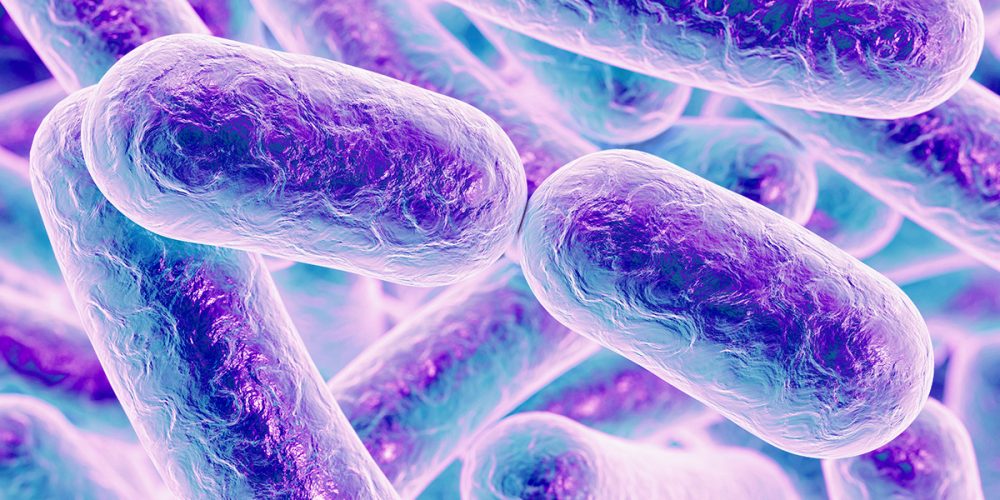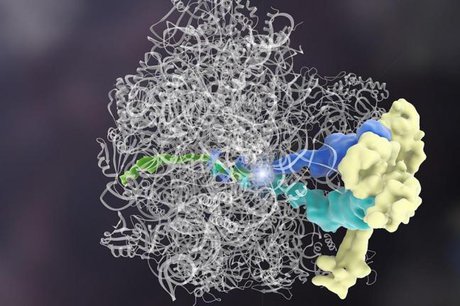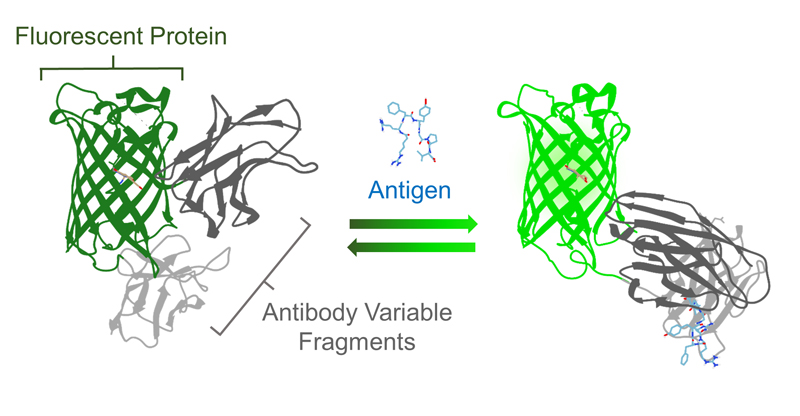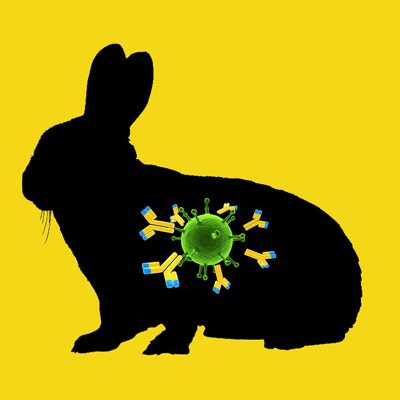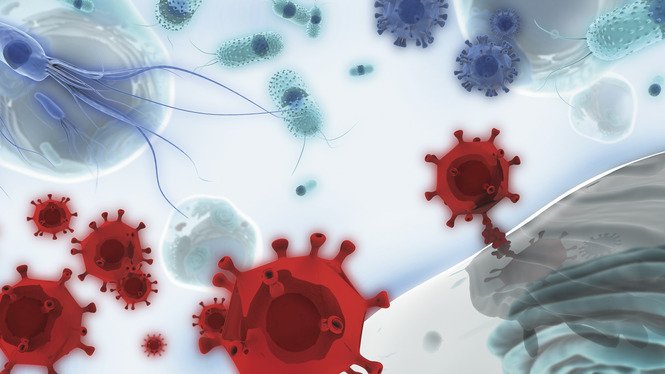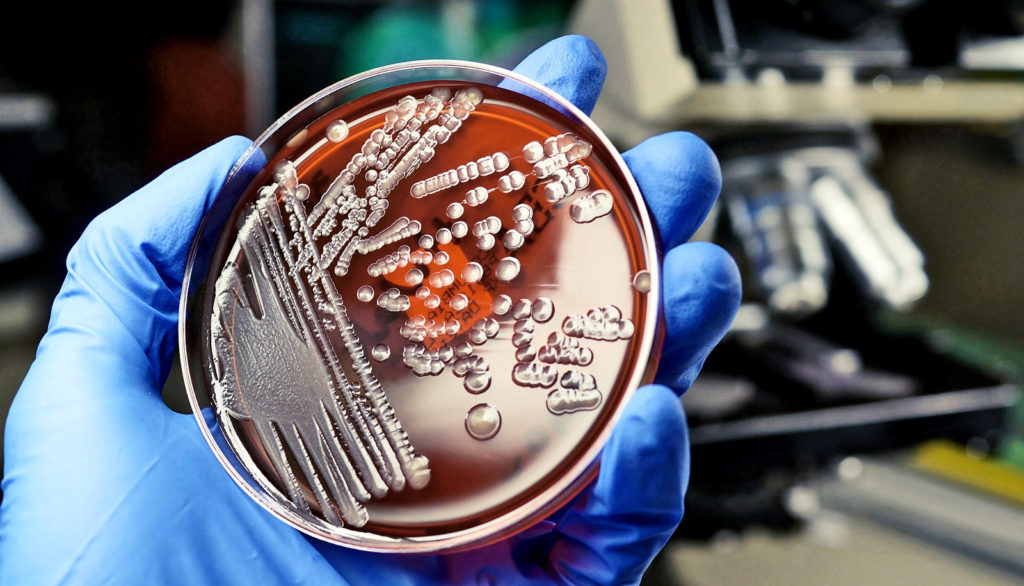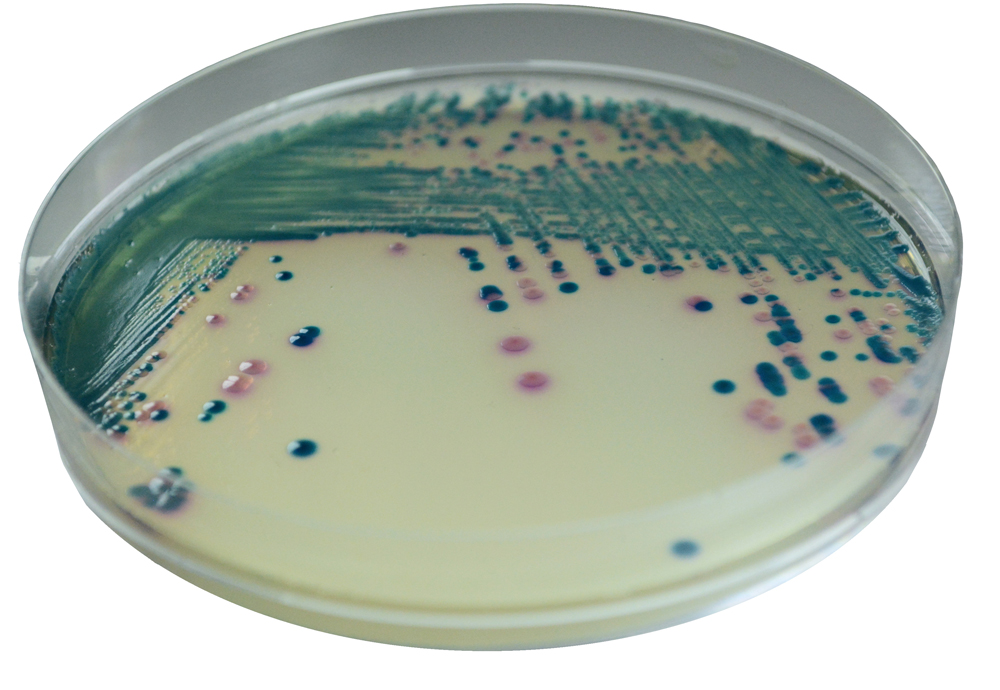Production of recombinant proteins using eukaryotic and prokaryotic cells
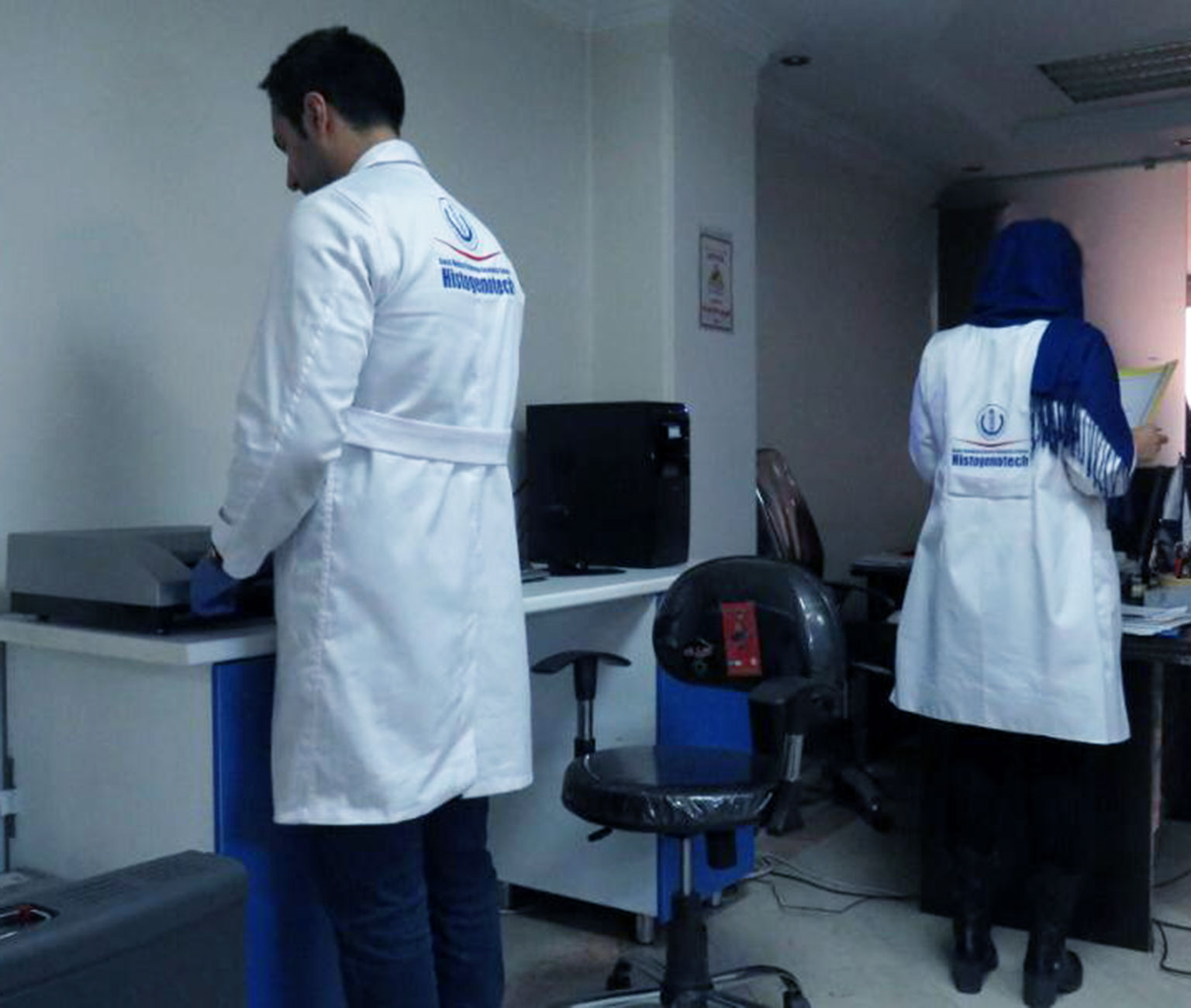
Production of recombinant proteins using eukaryotic and prokaryotic cells
Biotechnology is a science undergone continuous progress in recent years. Thanks to this technology, it would be feasible to convert some materials into biological agents to produce goods and services in agriculture, food, pharmaceutical, medicine, and other industries. The production of recombinant proteins is one of the most significant achievements of biotechnology in the 20th century. The application of natural power of prokaryotic and eukaryotic cells in the expression of recombinant proteins has led to the development of pharmaceutical research. The recombinant proteins have been shown to possess exceptional value for medical purposes. Most of the recombinant proteins are produced in mammalian cells, yet Escherichia coli is still frequently used for the production of recombinant proteins. The rapid growth and development of the market for recombinant drugs and enzymes have increased the need for the development and optimization of industrial strains and bio-processes. The application of systems biology and engineering principles to optimize and develop bio-systems are effective strategies that are increasingly used for the production of recombinant proteins.
Some of the recombinant protein production offered in Histogenetech Co. :
- Production of monoclonal and polyclonal antibodies
- Production of growth factors or protein inhibitors
- Enzyme production and enzyme activity measurement
- Production of recombinant proteins with medicinal properties
- Production of transgenic eukaryotic cells
- Production of enzymes in yeast
Related Scientific Content: Different types of expression systems of recombinant proteins – expression vectors
